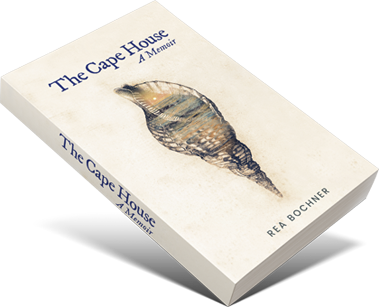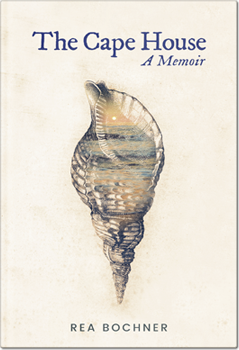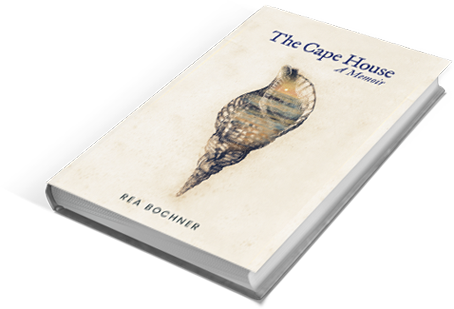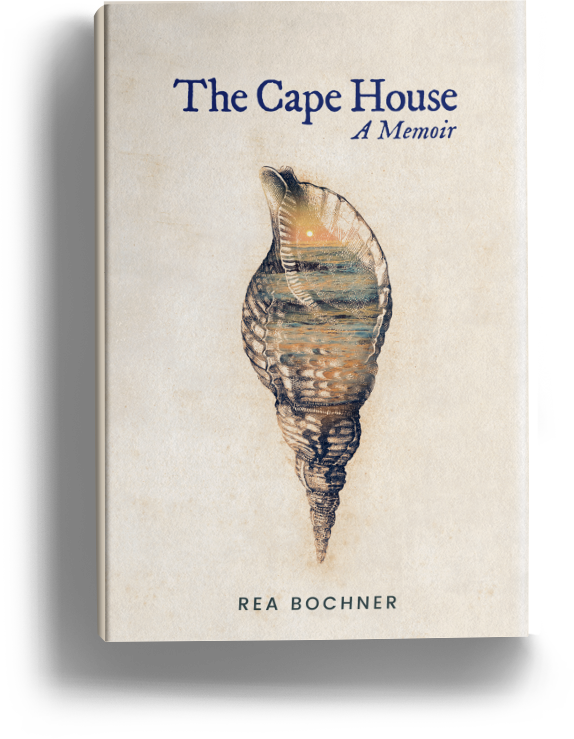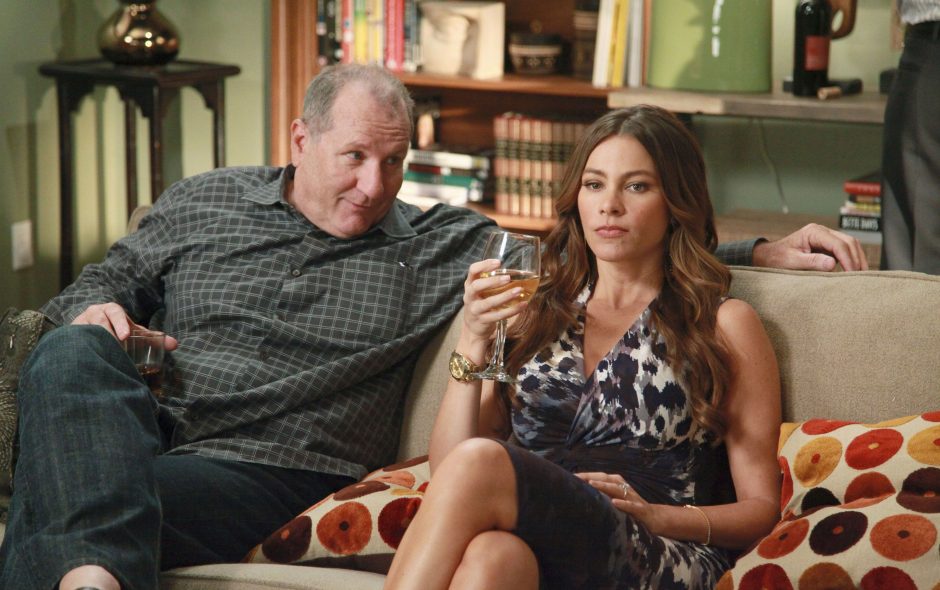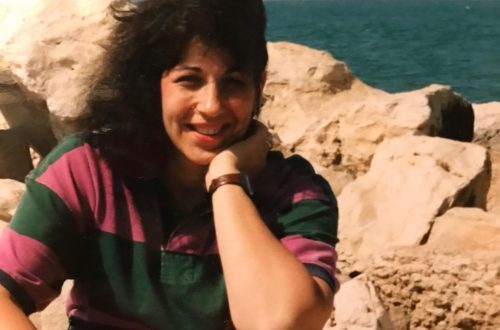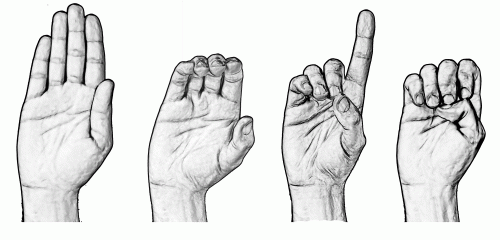Now that I am soon to be an Israeli citizen, I have taken on the task of improving my Hebrew. The great tragedy of modern Jewish Day School education is that children hear plenty of Hebrew, yet they graduate without being able to speak it. Such is the case with me. Despite twelve years of private Jewish education, I came out with only a rudimentary knowledge of grammar and conjugation and crater-sized holes where basic vocabulary should be. For almost a year, I’ve been going hard on Duolingo, and it’s definitely helped. But I’ve got a long way to go.
“Don’t worry,” people assure me. “Everyone in Israel speaks English.”
Maybe so, but the country still functions in Hebrew. The food in the grocery store, the street signs, the text on the contract we hope to sign for our new house are all in Hebrew. And if I can’t speak it well, I am still a tourist, still reliant on others to help me do things I am more than capable of doing myself in English. I can already feel the mark of “immigrant” on my back, as my great-grandmother and countless others have felt for generations.
So I’m throwing myself into speaking Hebrew whenever I can, because come hell or high water, I am going to be an independent Israeli.
I cannot begin to tell you what a humbling process it has been. Having to stall my speech because I don’t have the words, having to cut and paste texts in google translate, being told I wrote in the masculine when it should have been in the feminine, using outdated language because I don’t know the slang – for someone like me, for whom words have always come so easily, it’s maddening.
Here’s the other thing: even when I do have the words, I’m not really in the conversation because I’m working so hard to translate what they’re saying while planning my response. My brain moves so much faster than my words do, and to keep pace with the other person, I leave half of my thoughts unexpressed. I come off more reserved and less aware than I really am, simply because I don’t have the tools to show it.
Just this morning, as Husband and I were chatting with the owner of the house we are considering renting, I cried out in Hebrew, “I love the house!” Now, those who know me are aware of my propensity to say what I’m thinking, often loudly, as part of my goofy, tap-dancing personality. But in Hebrew, it sounded like “I love the house” was all I knew how to say.
Recently, I saw a clip from the show Modern Family, where Sofia Vergara, a native of Colombia, cries to her husband, “Do you even know how smart I am in Spanish?!”
I felt so seen.
Alas, there is nothing to do but keep stumbling forward through this new language, sticking with my Duolingo, watching my Israeli shows (preferably with hot IDF soldiers), and fumbling through conversations as best I can until it’s not such hard work.
But, trust me, I will always write in English.
